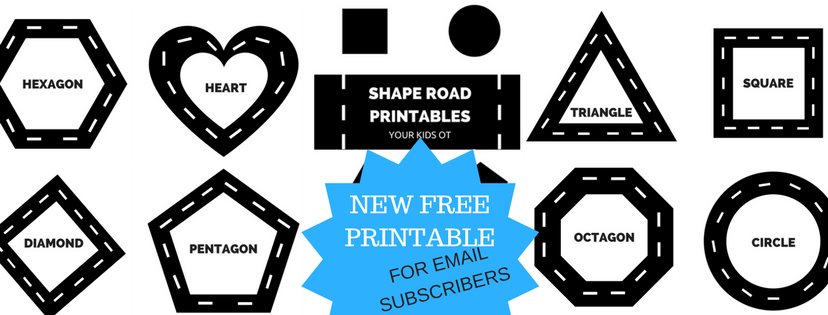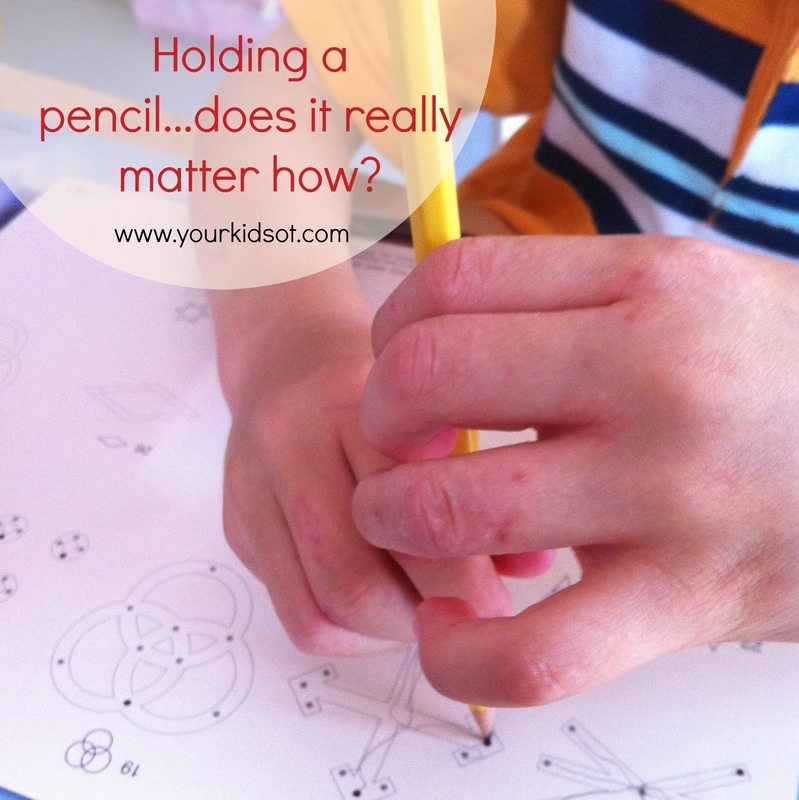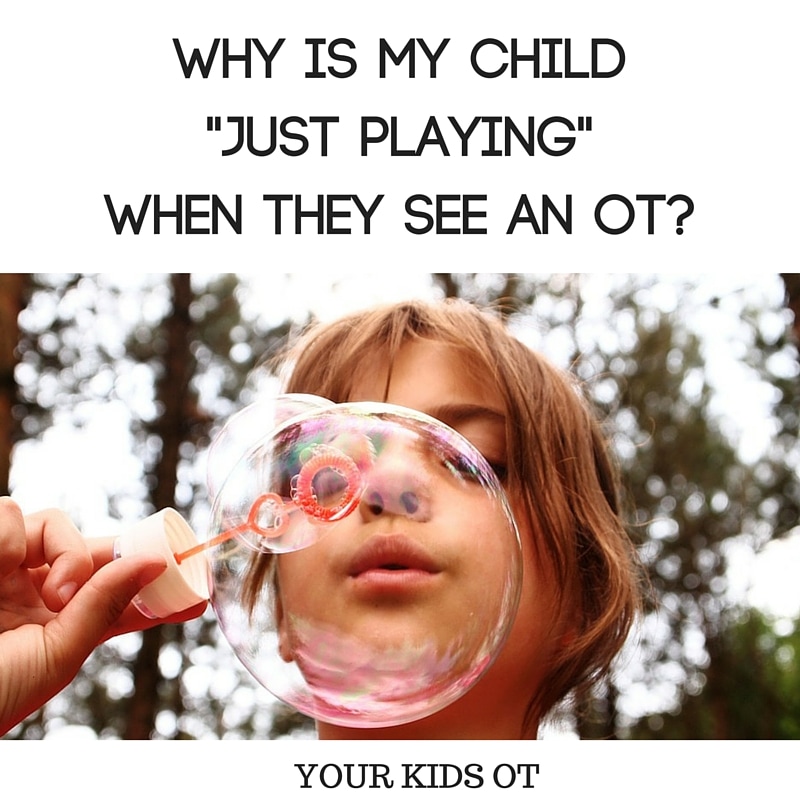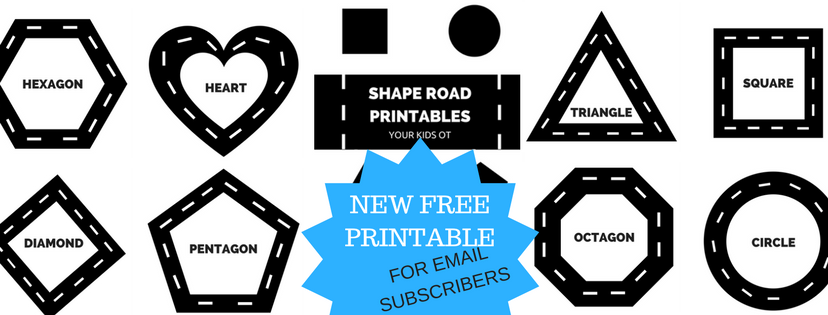|
Today I would like to introduce Angela Hanscom, Pediatric Occupational Therapist and Author of Balanced and Barefoot.
After spending years observing and working with children with behavioral issues and sensory deprivations, Angela wondered if these issues could be remediated and even prevented through more playtime in the great outdoors. She put her ideas into practice by developing and running an experimental nature program in her own backyard, with the hope of reconnecting children to nature at an early age. I am excited to have Angela share about HOW THE NATURAL WORLD ENRICHES AND SUPPORTS THE DEVELOPING CHILD! ~~~~~~~~~~~~~~~~~~~~~~~~~~~~~~~~~~~~~~~~~~~~~~~~~~~~~~~~~~~~~~~~~~~~~~~~~~~~~~~~~~~~~~~~~~ Imagine your child walking barefoot through a meadow while scanning the area for beautiful flowers. While walking, he tilts his head to hear the birds and feels a light breeze on his skin. Walking barefoot provides great sensory feedback to the arches of his feet, giving him a good sense of where his feet are in relation to the rest of his body. Listening to the birds chirp helps him to orient to his whereabouts when compared to the other creatures out in the wild. The light breeze keeps him alert, while the warmth of the sun comforts him. This is the optimal state for sensory integration to occur – when we are aware of our surroundings, but relaxed and calm. On the other hand, man-made environments (i.e., movie theaters, colorful play spaces, indoor party arenas) can overpower the senses and send a child into a fight or flight response – an unhealthy state to keep our children in. You may be thinking, “My kids get a TON of free play and are moving about - all the time! Why does this have to take place outdoors? What is so special about nature, that mankind can’t try to replicate this experience? How is rolling down the hills in grass any different than rolling down a ramp at a gymnasium? Isn’t getting messy with shaving cream in the bathtub just as good as getting messy with mud outside?” When I advocate for children playing outdoors, I remind parents of three key factors that I’ve never seen successfully duplicated in any indoor environment: The outdoors offers a perfectly balanced sensory experience. The outdoors inspires the mind. The outdoors is an ideal setting for evaluating risks and accepting challenges. THE OUTDOORS OFFERS THE ULTIMATE SENSORY EXPERIENCE Spending some time every day in the outdoors—from simply walking barefoot on the grass to listening to birds in the trees—offers the following sensory benefits: • Natural integration of our senses. Good sensory integration means optimal brain and body performance. • A calm, but alert state. When you are in a calm and alert state, you are better able to process the sensory information around you and start to organize these senses – bringing together all the puzzle pieces to form a nice picture of the world around you. • A “just right” amount and kind of sensory stimuli. Nature doesn’t bombard the child with too many senses at once, which creates a sense of chaos and confusion. THE OUTDOOR INSPIRES THE MIND Daily exposure to the outdoors stimulates the brain in many ways: • There are no expectations. The child is forced to use their imagination in order for that stick, rock, or pinecone to become a part of their world. • There are endless possibilities. The outdoors challenges the mind to constantly think in new directions. • There is no pressure. When engaging in active free play, a child can play with others or not, make up their own rules or follow someone else’s, be rough-and-tumble or be quiet and contemplative. THE OUTDOORS OFFER RISK AND CHALLENGE Evaluating risks and taking challenges while playing outdoors every day is rewarding in many ways: • Children build confidence. When children overcome obstacles, they learn that they can be successful if they keep trying, even in the face of difficulty. • Children challenge themselves at their own pace. They get to determine when they are ready to take risks and even control how much risk they are willing to take. • They learn to be adaptable. When playing outdoors, children quickly learn that they can’t always control the outcomes of their play. For instance, their fort may not have turned out exactly as they envisioned and in turn, they learn to be flexible in their thinking. Nature has a calming effect like no other. According to Adam Atler, professor of marketing and psychology at New York University, “Nature restores mental functioning in the same way that food and water restore bodies. The business of everyday life -- dodging traffic, making decisions and judgment calls, interacting with strangers -- is depleting, and what man-made environments take away from us, nature gives back.” While manmade environments may excite your child – think of loud colors and loud noises – they will often overwhelm or over-stimulate him or her. Other times, indoor environments under-stimulate and offer little sensory benefits to your child at all. The great outdoors, on the other hand, offer limitless possibilities for play experiences and exploration of the senses – enhancing and refining them through repeated practice. It is through play outdoors on a daily basis that your children will challenge and strengthen their senses of touch, vision, hearing, smell, taste and much more!
You may also like:
Comments are closed.
|
AuthorHi, I'm Cindy and I am an Occupational Therapist. I enjoy working creatively with children to see them reach their potential. Read more about me here. SEARCH THIS SITE
Archives
June 2024
Categories
All
Popular Posts |
Join the YKOT e-newsletter!
Subscribe to get our latest content by email and receive
the SHAPE ROADS PRINTABLE NOW!

Success! Now check your email to confirm your subscription and receive your free printable!
Join our Mailing List!
Subscribe to get our latest content by email and receive
the SHAPE ROADS PRINTABLE NOW as a thankyou!

Success! Now check your email to confirm your subscription and receive your free printable!
Disclaimer: The information on this site is general in nature and should be used for educational and entertainment purposes. The activities are safe for most children, however, you should consult an Occupational Therapist or health professional to address specific movement, sensory or other medical conditions. This blog does not replace formal therapeutic professional advice given by a health professional or medical practitioner. Reviews and endorsements of products will only be made based on my expertise and personal opinion; and deemed worthy of such endorsement. The opinions shared in sponsored content will always be my own and not that of the advertising company or brand. Content, advertising space or posts will be clearly identified if paid, affiliated or sponsored. Affiliate links may be found throughout this website in advertising. This means that if you follow through with a purchase from these links, Your Kids OT will receive a percentage of the sale. Your Kids OT undertakes to meet the requirements of the "Social Media Policy" as published by Australian Health Practitioner Regulation Agency (AHPRA). Further information about this policy can be found here.
Find meFollow me |
About me
AuthorHi, I'm Cindy and I am an Occupational Therapist. I enjoy working creatively with children to see them reach their potential. Read more about me here. |
Copyright © 2017 Your Kid OT

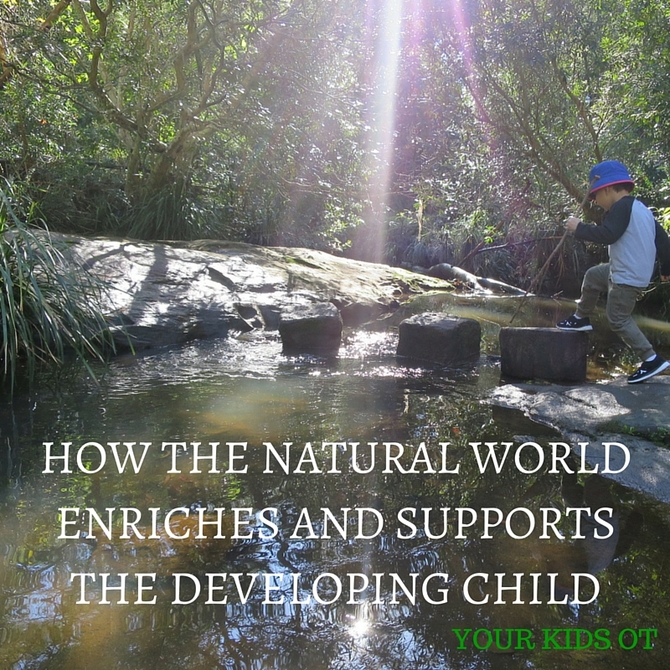

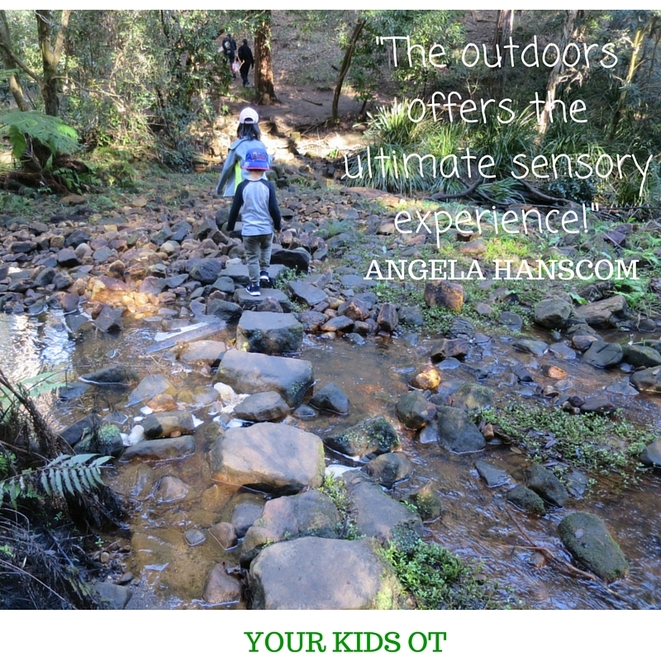
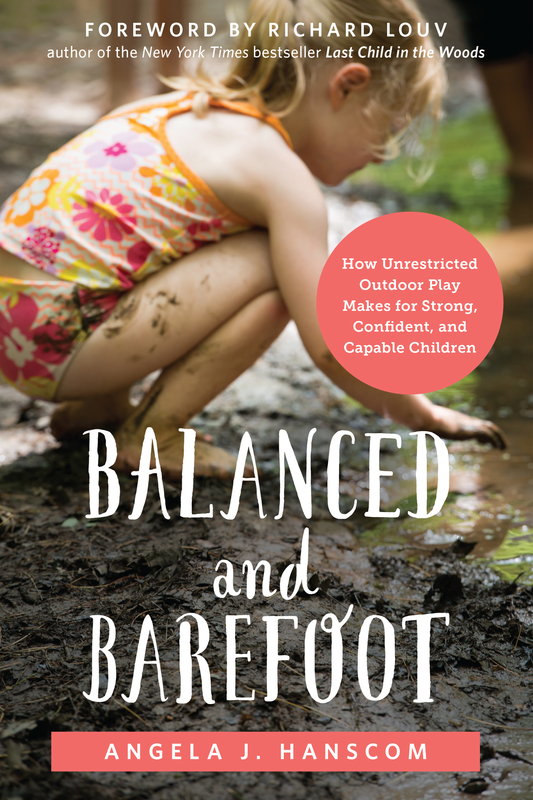

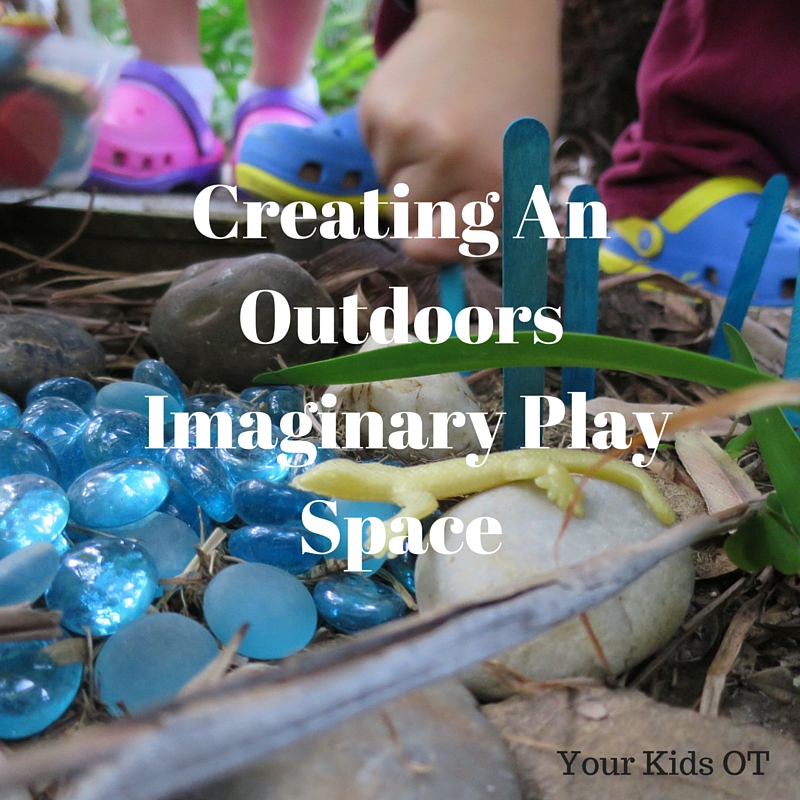
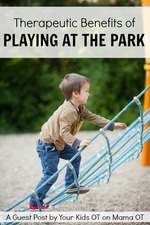

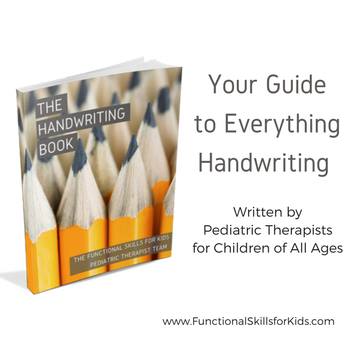
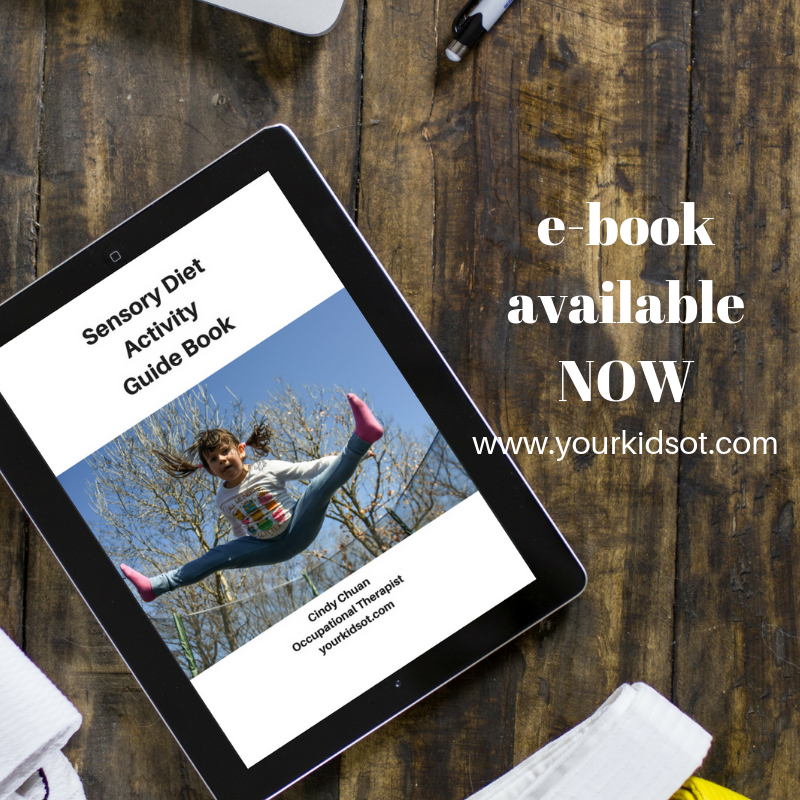
 RSS Feed
RSS Feed
